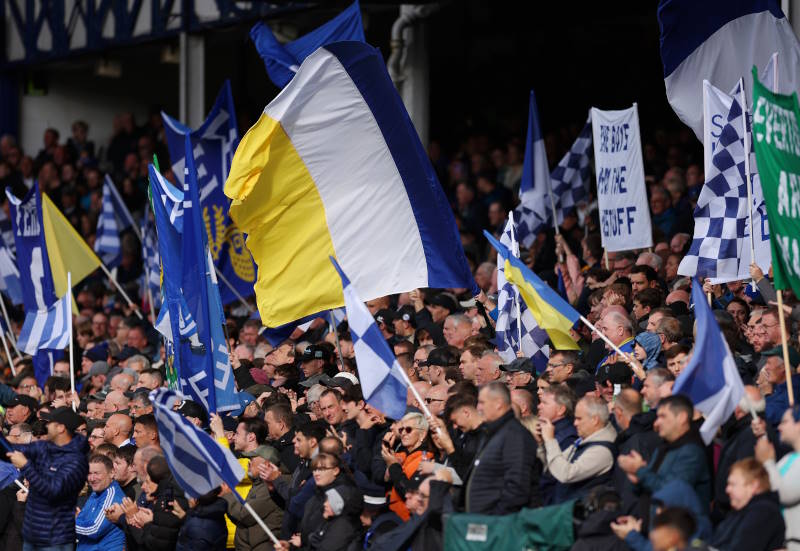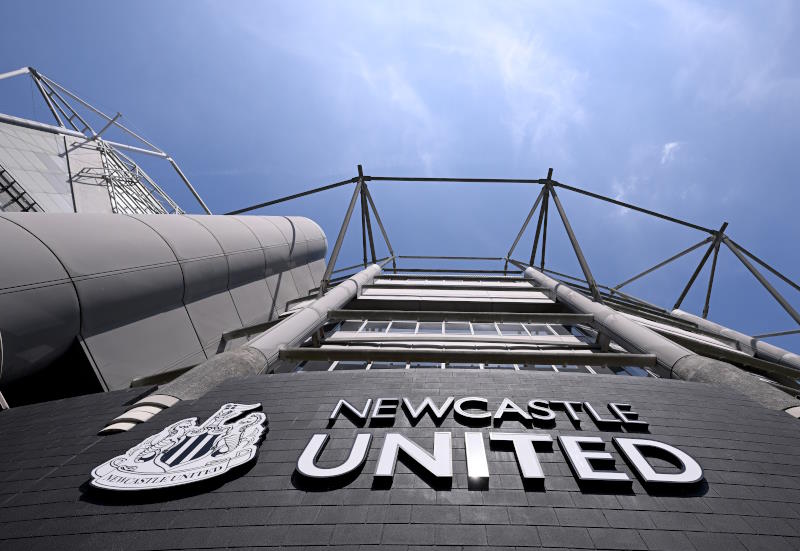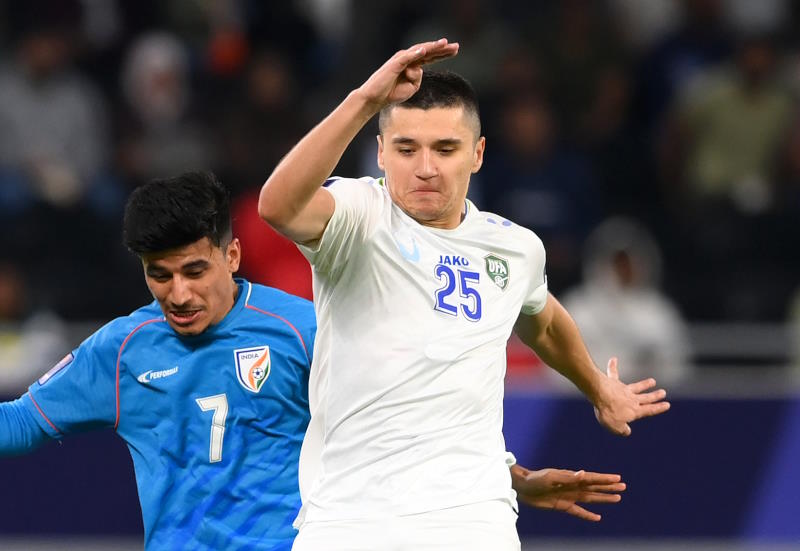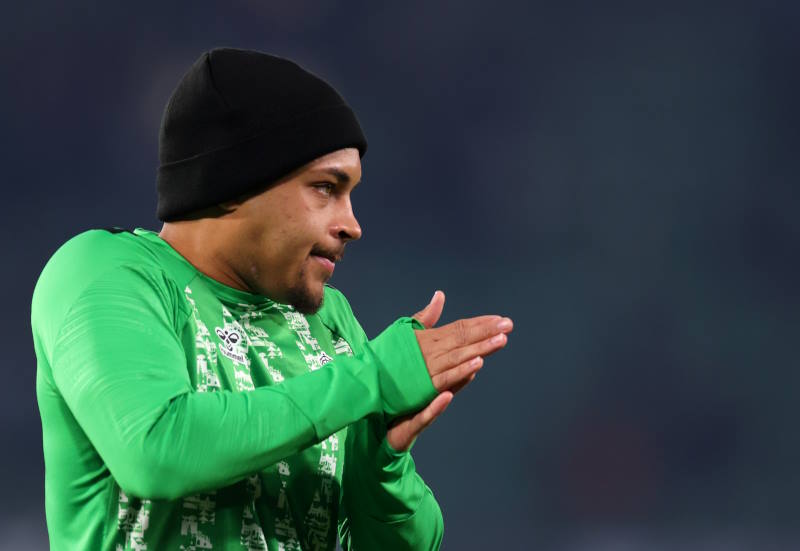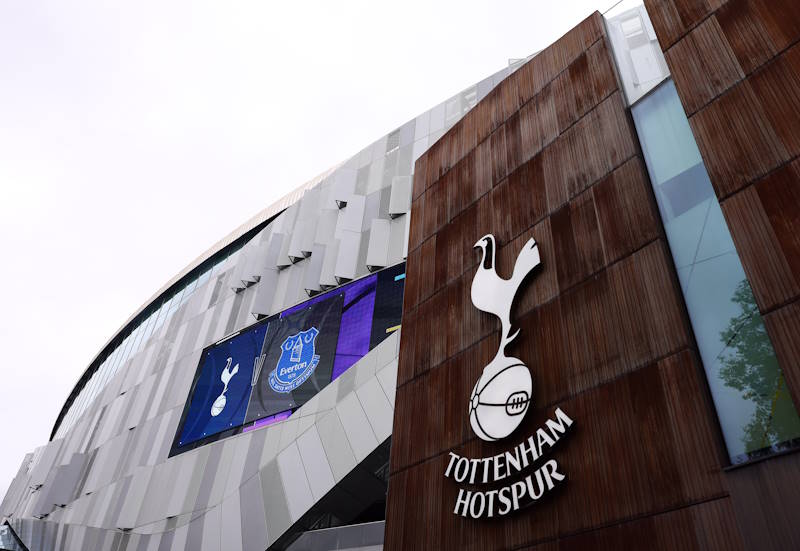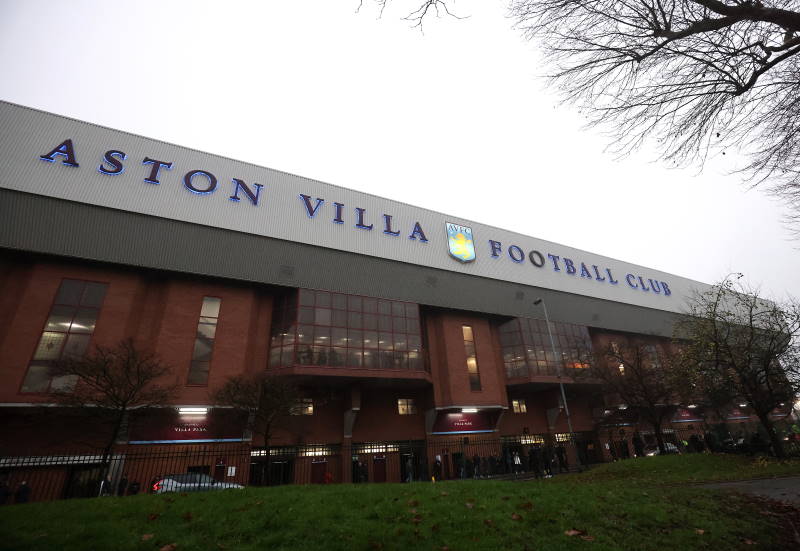
In the modern day game, money is an important fixture of the landscape, and not just due to astronomical contracts and stupendously high buy-out clauses, but as the liquid fuel which keeps the game’s biggest teams able to stay in the race for silverware. Advertising boards, kit makers, and shirt sponsors have become so abundant in the world’s stadiums that they are now intertwined with the spectacle on the pitch, growing to constitute an integral part of football’s DNA.
Love it or hate it, sponsorship is very much part of today’s game. In a time of global economic uncertainty, with recession sticking like a limpet to many major countries, clubs must ensure the money keeps flowing – all the more with wage-hungry players to pay. Ticket revenue hardly covers a side’s expenses, and alternate ways to generate income have been at the forefront of clubs’ minds since the year dot.
Shirt sponsorship is just one of those money making avenues and has long been a simple way for clubs to bring in extra cash. Simply pop a sponsor’s name on the front of a shirt and hear the cash register ping. Sponsors’ names on shirts are almost universally accepted nowadays, and some names become synonymous with certain teams: Beer brewer Carlsburg were linked with Liverpool until recently and the red shirt looked almost incomplete without the sponsor’s swirly logo, while multinational Pirelli has become a feature on the shirts of Italian champions Internazionale.
But just as the majority of clubs have benefited and reaped the rewards from lucrative sponsorship deals, some have chosen to remain true to their origins and roots by refusing to blight their precious, proud shirt with a sponsor’s name. In La Liga, Athletic Bilbao stand out as a beacon of purity, priding themselves on not displaying a sponsor’s name on their shirt. And Athletic have continued to be one of Spain’s finest and most successful sides, also imposing upon themselves an embargo on the signing on non-Basque players.
While Athletic choose not to lust after a sponsor’s silver, another La Liga club had joined them in their steadfast refusal to take commercial names on their shirts – FC Barcelona. While not abiding by a similar selection policy, the Blaugrana refused to print a sponsor’s name on their shirts, boosting their claim to be "mes que un club" (more than a club). The Camp Nou side shifted their stance just a little a few seasons ago however, when they agreed to put the children’s charity UNICEF on the famous blue and red stripes – but for this deal, it would be the club who paid, with Barcelona sending cash UNICEF’s way for the privilege.
Now though, Barcelona have moved away from that tradition and, in a move which caused club great Johan Cruyff to accuse the Catalan club of "sullying the jersey", accepted sponsorship from the Qatar Foundation. And while the foundation might be non-profit, the fact that Barcelona will receive €30M per season – €180M over the six-year deal lifespan – to carry their logo has left Catalans believing that a long and proud tradition has died.
While this deal might seem a major coup for the reigning Spanish champions – in established corporate sponsorship circles at least – the feeling within the Catalan capital is that Cruyff’s words ring true and the move represents a separation from the club’s traditional roots and is a step along the road of transforming the Camp Nou outfit into a complete business organisation. Protests have been widespread, and fans hung a banner inside the famous old ground condemning the deal during the recent 5-0 drubbing of Real Sociedad.
Cruyff has now become something of a standard bearer for opposition to Barcelona’s latest commercial move. With the Dutchman’s relations with president Sandro Rosell’s regime as frosty as ever, the former World Player of the Year has continued to heavily criticise the club’s pact with the Qatar Foundation. In his weekly column with El Periodico de Catalunya, Cruyff labelled the deal "unnecessary" and "against the club’s history and principles". The Dutchman added: "We are a unique club in the world, no-one kept their jersey intact throughout their history, yet have remained as competitive as they come".
The reasons behind Cruyff’s worries over the club that has been at the centre of his life for more than 30 years are understandable. Like a father who has seen his much protected prodigal son lured towards the temptations and lucrative offers of the world of business, it is with this mentality that the former Barcelona coach, who fashioned the "dream team" ponders the gradual eroding of traditions that have been at the heart of Barcelona for much of the club’s illustrious history.
But during such difficult economic times – Spain is suffering more than most Eurozone countries from the effects of the first crisis of globalisation – a break from tradition might be a necessary evil to ensure continued success at the Camp Nou. For while the Blaugrana have been the best side in Spain – and the world – for over two years now, their financial success cannot compare with that of eternal rivals Real Madrid who, despite not having won a trophy for more than two years, are still in pole position as the world’s richest club. And such a financial advantage means that Los Blancos can stage assault after assault on the Spanish football summit.
Indeed, debts as high as €500M has been the figure whispered inside the corridors of power at the Camp Nou. And while the club’s total debt pile remains largely contested, the general conclusion nonetheless is that Barcelona, like the majority of major European clubs, are living beyond their means, and need to address this balance sheet crisis. Had they failed to come up with an answer to remedying these economic ills, Barcelona may have been forced into the very real prospect of selling some of their stars.
Defending his multi-million pound deal, and break with tradition, President Rosell declared that the agreement with the Qatar Foundation was the only solution to the Blaugrana’s financial problems. "The Qatar Foundation is intended to provide resources, the government of Qatar has a company that promotes the sport, and that is who will pay us. This was the only way to remedy the debts of the club. This was the only marketing option, and it is understandable that this is the option we have chosen."
While the deal in its entirety does not completely eliminate Barcelona’s debt on its own, the Spanish giants have nonetheless taken a great step towards moving to a sound financial footing. Enjoying the sponsorship of major corporations such as Nike, Audi, La Caiva, Turkish Airlines, TV3 and Estrella Damm already, the amount to which Barcelona’s deal qualifies as "sullying the jersey" remains open to question. By placing the Qatar Foundation alongside their promotion of UNICEF, the Blaugrana have taken another step forward in their quest to be the best football club in the world, both off the pitch as well as on it. And the Catalans remain a very special club, even if circumstances have dictated that they join their peers in the 21st century with shirt sponsorship.


